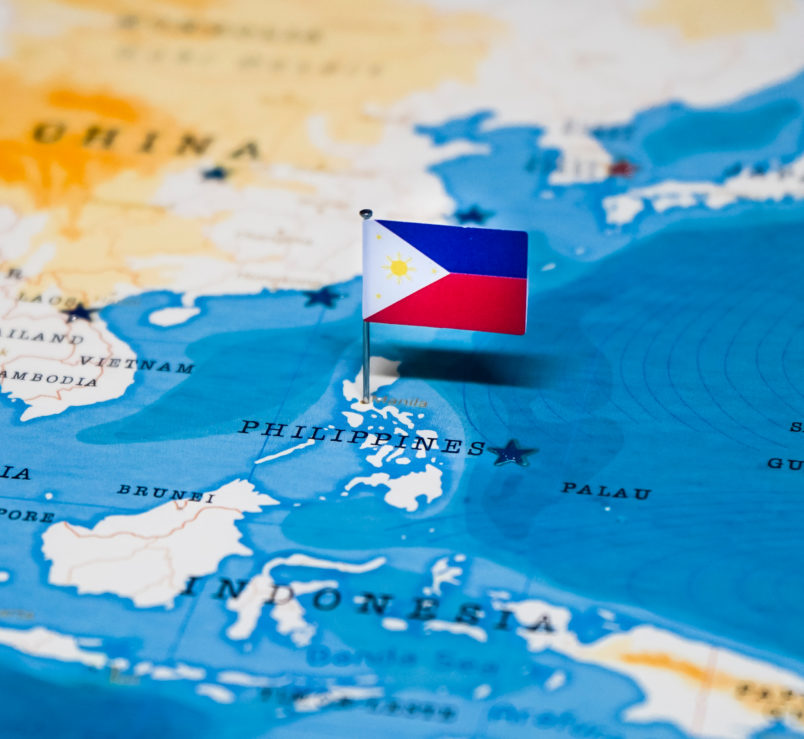Evaluation of EU's engagement in Mindanao from 2017-2020 under IcSP
As part of the SIEA framework contracts (Lot 3) our consortium was awarded the project: ‘Evaluation of EU’s engagement in Mindanao from 2017-2020 under IcSP’
The political and security situation in this southern region of the Philippines had long been fraught with violence, identity-based armed conflict, as well as ethnic divisions. Since 1997, the slow process towards greater autonomy in Mindanao has been aimed at the creation of a territory called Bangsamoro. As such, the peace roadmap is based on the Comprehensive Agreement on Bangsamoro (CAB) signed in 2014 between the Government of the Philippines and the Moro Islamic Liberation Front (MILF). Further, the projects to be evaluated built upon one another and were implemented during a period that saw significant developments, for instance with the adoption of the Bangsamoro Organic Law in 2018 and the subsequent establishment of the Bangsamoro Autonomous Region in Muslim Mindanao in 2019. Through IcSP, the EU had provided support to the transition and the implementation of the peace roadmap through a number of actions, which will be the subject of evaluation here. This IfS/IcSP funding complemented the broader funding through the World Bank’s Mindanao Trust Fund (through which most EU support for the peace process was channeled). IfS/IcSP interventions also complemented each other.
The main objectives of this evaluation are to provide the relevant services of the European Union, the interested stakeholders and the wider public with:
- an overall independent assessment of the design and performance of the eight projects mentioned, paying particular attention to how strategic and coherent they were (as opposed to being reactive or disparate emerging demands), how coordinated the projects and actors were in the implementation, and whether they produced satisfactory results with enduring impacts;
- key lessons learned from the long-term presence and support from EU IfS/IcSP funding (2009-2020), conclusions and related recommendations in order to improve future interventions, particularly in other situations where initial short term 18-month projects or support are asked to extend or continue their support.

2 February 2023
2 minute read
Key Experts
Flavia Spigoli
Senior Project Manager



